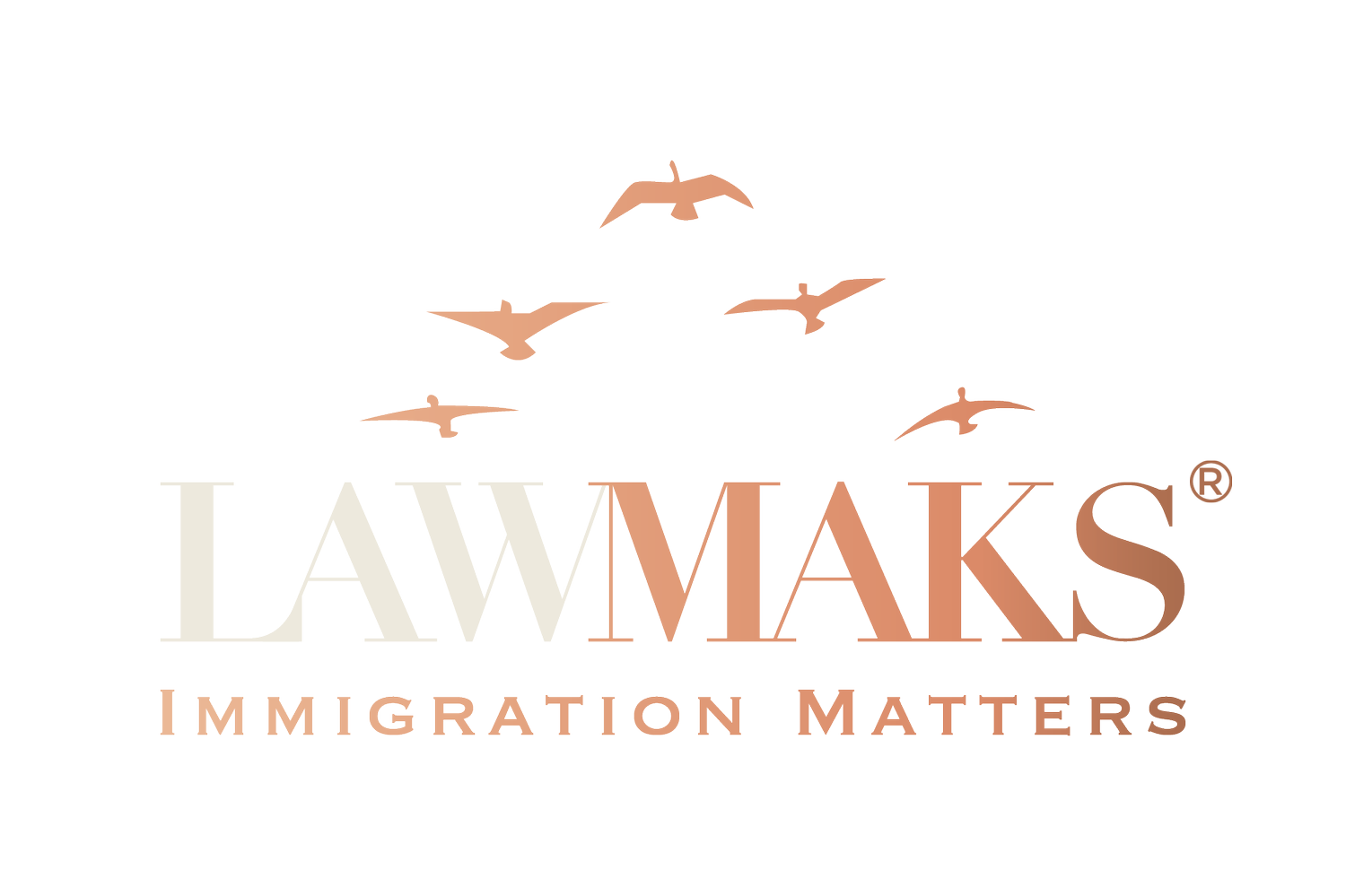The International Entrepreneur Parole Program
A new rule provides opportunities to start and manage a business in the United States for a temporary period of time for the entrepreneur, spouse and children under the age of twenty-one.
The program was first created under the Obama administration, but only recently launched under the current administration with the publication of the International Entrepreneur Rule (IER) and cases are now being filed.
USCIS uses its parole authority on a case-by-case basis for individuals who demonstrate that their stay in the United States would provide a significant public benefit through their business venture. The entrepreneur may be granted an initial stay of two and a half years, and then if approved for re-parole, receive another two and a half years, for a maximum of five years.
This is not permanent residence or a non-immigrant visa, both of which would have to be applied for separately. Once approved, if currently in the United States, the entrepreneur would have to depart the United States in order to be paroled in.
To qualify, you must have at least a 10% interest in the start-up business and have a central and active role in its operation.
The start-up must be a US business entity that is lawfully conducting business in the US and was formed within the five years immediately preceding the application for parole and must also have substantial potential for rapid growth and job creation.
You may invest personally, but only qualified investments from a qualified investor count towards the minimum investment.
You must be able to document that, within the past 18 months, the entity received the following funding:
A qualified investment of at least the required amount from a qualifying investor (currently $264,147);
A qualified award or grant of at least the required amount from a U.S. federal, state, or local government entity (currently $105,659); or
In the alternative, if the start-up entity partially meets one or both of the above funding levels, you may submit additional reliable and compelling evidence of the start-up entity’s substantial potential for rapid growth and job creation.
While you are not precluded from personally investing in the start-up entity or otherwise securing additional funding, only qualified investments from a qualifying investor count towards the minimum investment amount.
A qualified investor:
Is an individual who is a U.S. citizen or lawful permanent resident of the United States, or an organization that is located in the United States and operates through a legal entity organized under the laws of the United States or any state, that is majority owned and controlled, directly and indirectly, by U.S. citizens or lawful permanent residents of the United States;
Regularly makes substantial investments in start-up entities that subsequently exhibit substantial growth in terms of revenue generation or job creation; and
During the preceding five years:
o Made investments in start-up entities in exchange for equity, convertible debt, or other security convertible into equity commonly used in financing transactions within their respective industries comprising a total in such five-year period of no less a certain investment amount (currently $633,952); and
o Subsequent to such investment by such individual or organization, at least two such entities each created at least five qualified jobs or generated revenue of at least a certain amount (currently $528,293), with average annualized revenue growth of at least 20 percent.
If you think you may qualify under this new rule, we can assist you with this application.

